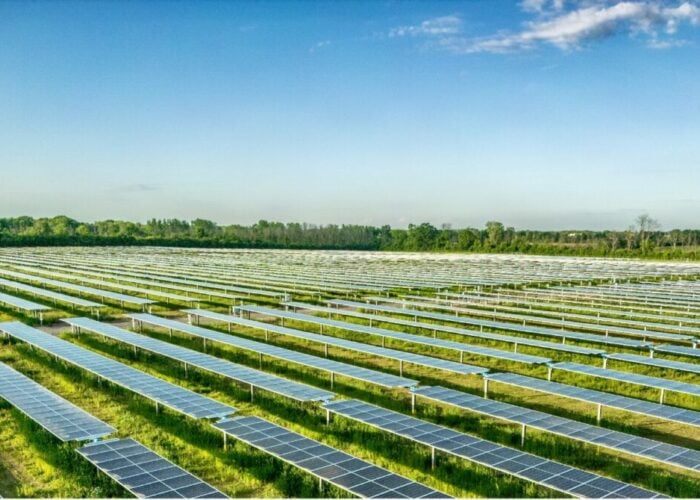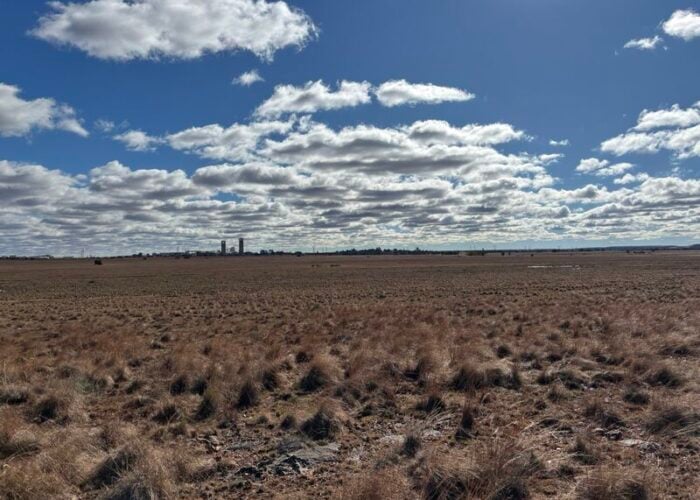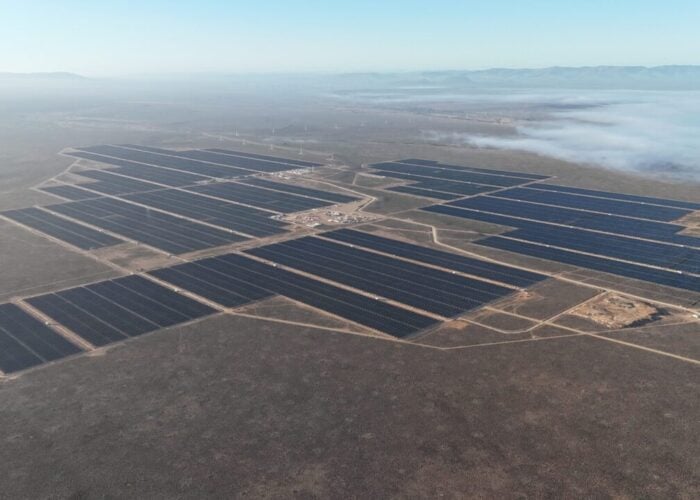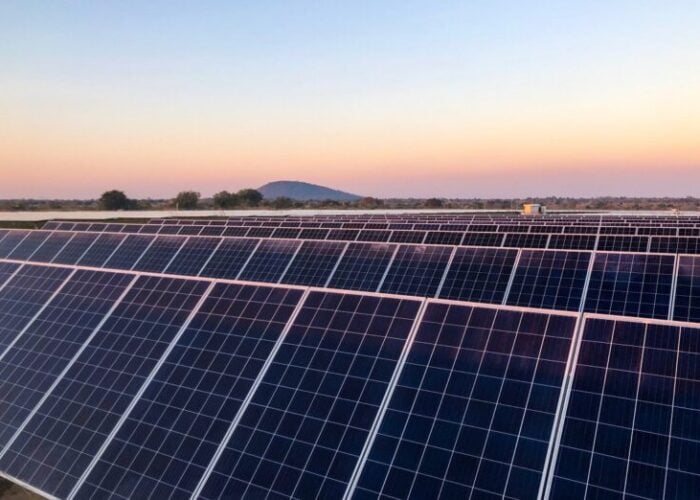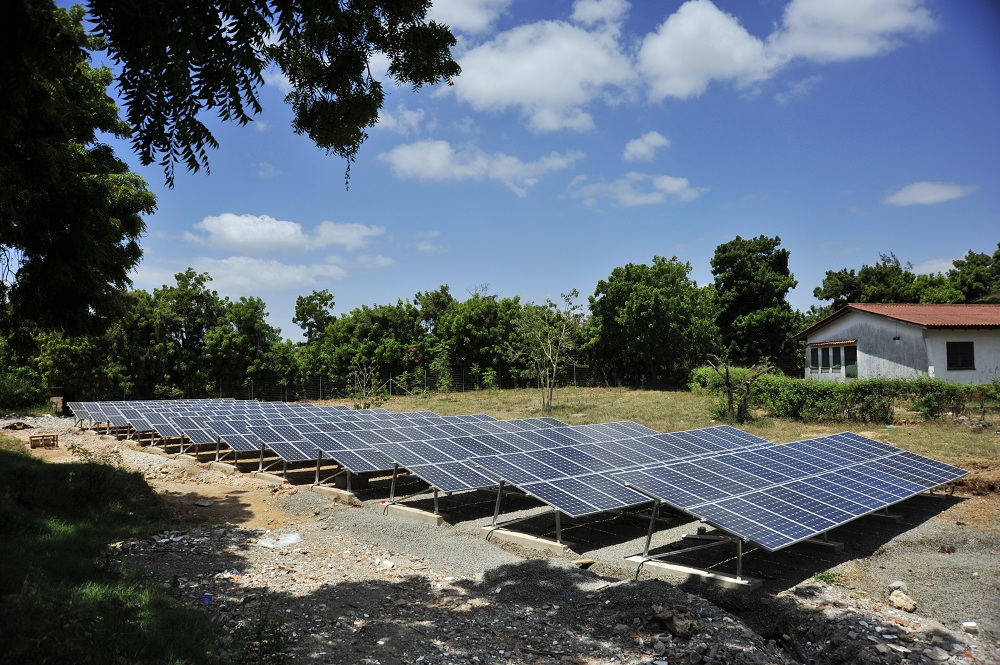
The delivery of gigawatts-worth of solar generation across West Africa lies one step closer to reality after calls were put forward for experts to lay the foundations of a major project that was first envisaged in 2016.
Nigeria, Mali, Ghana and the remaining members of the Economic Community of West African States (ECOWAS) are looking to hire two consultants – a renewable specialist and a power system planning expert – to help steer the set-up of a solar corridor in the region.
Try Premium for just $1
- Full premium access for the first month at only $1
- Converts to an annual rate after 30 days unless cancelled
- Cancel anytime during the trial period
Premium Benefits
- Expert industry analysis and interviews
- Digital access to PV Tech Power journal
- Exclusive event discounts
Or get the full Premium subscription right away
Or continue reading this article for free
Between April and June this year, the experts will produce a strategic plan on how to deliver the scheme, which aims to push solar capacity up to 2GW (2020) and 10GW (2030) across a vast swath of West Africa from Senegal to Nigeria.
The strategy they propose should cover all of the boxes the solar corridor scheme must tick, including grid planning decisions, mechanisms to raise finance from sovereign wealth funds and others, as well as a detailed timeline all the way to 2030.
The call for consultants comes just a few weeks after ECOWAS states put forward a new, unified energy policy framework. The Regional Master Plan for the Production and Transmission of Electric Power sets lays out how countries will work to gradually join their energy markets between 2019 and 2033.
Policy, bureaucracy, intermittency – the key roadblocks
Part of a broader West African clean energy corridor, the solar scheme is being driven by the ECREEE, a centre set up by ECOWAS states in the early 2010s to promote renewables and energy efficiency policies.
In a presentation from last October, ECREEE laid out the chief roadblocks the solar corridor must overcome. Inadequate planning legislation can see countries struggle to meet investor needs, while fossil fuel subsidies can make solar a less competitive target for offtakers, the centre said.
Requiring back-up batteries can help mitigate intermittency but also – given current costs of €250-1,000/kWh for commercial electrochemical storage batteries – result in high LCOEs for solar, ECREEE said.
The October 2018 presentation already anticipated key work areas for the solar corridor. Efforts will be focused on clear PPA standards to ensure projects are bankable and interventions to ease often-expensive acquisitions of land, among many other fields.
The corridor scheme is not alone in pushing for a solar roll-out across West Africa. PV Tech recently tracked the progress of an initiative, supported by the African Development Bank, to help deliver 10GW across the Sahel.
See here for more background on the solar corridor and the call for consultants

